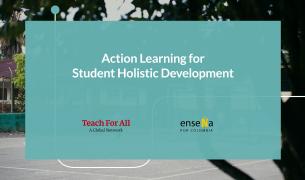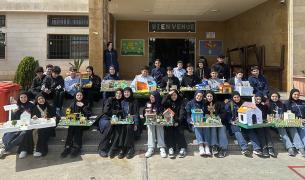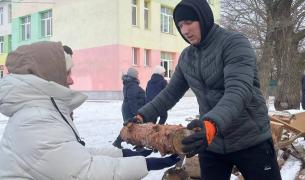Latin American network staff working on recruitment, selection, and matriculation come together to learn and share

Lee esta historia en español
Did you know that a meeting between 12 countries can transform the vision and dynamics of the work we lead in our teams? It really is possible!
In May we attended the 2024 Recruitment, Selection, and Matriculation (RSM) Latin America Conference that took place in the wonderful city of Asunción, Paraguay. Getting to be part of a community that brings together people from across the region to transform education in our countries is exciting and inspiring and we learned so much during those days connecting with our colleagues from Enseña por Paraguay, Enseña Perú, Ensina Brasil, Enseña por México, Enseña por Colombia, Enseña Uruguay, Enseña Ecuador, Enseña por Bolivia, Enseñá por Argentina, Enseña Chile and Empieza Por Educar.
Before the meeting: The theory of the Problem
Prior to this fascinating face-to-face gathering, we immersed ourselves in a series of learnings and discussions that laid the groundwork for our future conversations. We began by exploring the complexities of our network’s Theory of the Problem and Theory of Change. Together we discovered how identifying the problem causes us to work towards the more systemic changes that should guide and support our vision as organizations and everything we do from there. Each discussion fueled our understanding allowing us to identify timely actions for collaboration between areas and thus strengthening our organizational vision in preparation for the exciting meeting that awaited us.
It was extremely important for us to first take time to appreciate the journey we have had within our own organizations, and then talk together and learn from the best practices of other network partners and rethink what aspects of our own work we can strengthen to stay on track.
Connecting with the network, connecting with our history
With a warm "Tapeguahẽ porãite" (welcome in Guarani) and a refreshing tereré (traditional Paraguayan drink), we were welcomed by our colleagues from Paraguay. On the first day we began by building on our reflections about the Theory of Change and deepening our connections with each other by learning more about the impact of the network's programs as a result of the current synergy between RSM and other areas in each country.
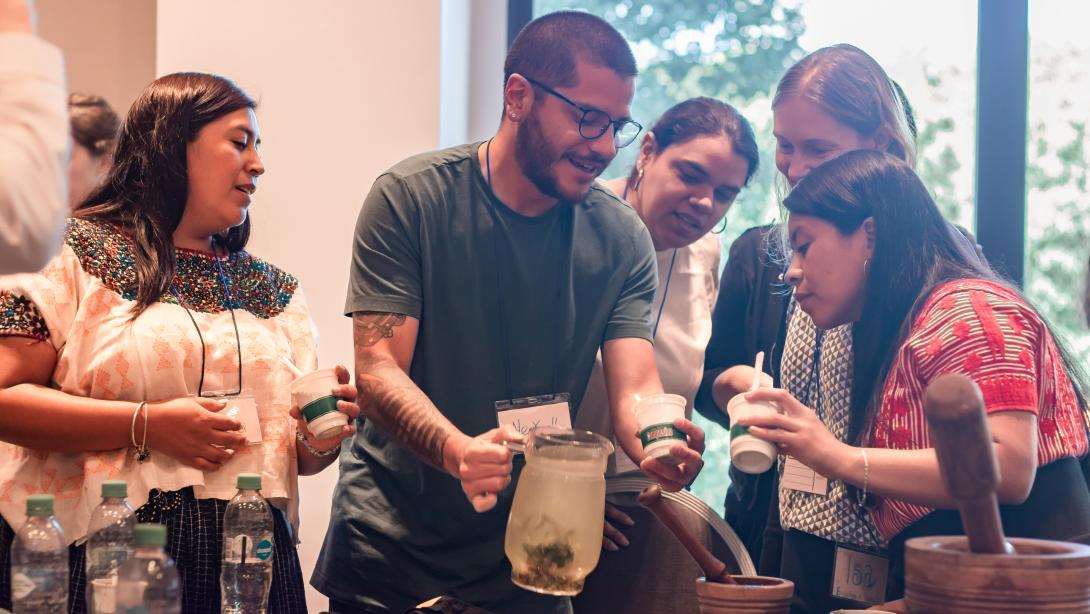
The Enseña por Paraguay and Enseña por México teams shared their journey of discovery and transformation with us. They focused on the questions that structured their planning: “Will what we are doing now allow us to achieve the change we seek in our country's education? Are other areas aiming for the same? How is this reflected in the alumni community?” As they shared how they’d worked to find answers to those questions, many of us identified with the challenge of aligning our vision with staff members, programmatic expertise, and the alumni community that will drive more initiatives in favor of education. It was refreshing to pause for a moment to contemplate the progress we had made and also think through how we can leverage efforts to make that progress sustainable.
At the close of the day, we had the opportunity to learn about Paraguay's Museum of Education—Mbo'é—through an enthusiastic guided tour given by the current Vice Minister of Education and historian David Velazquez. Throughout this space, we reflected on how aware we are of the historical impact on the lives of our students and the communities we work with. Mentalities, culture, challenges, and victories are part of an identity that, when recognized and understood, allows us to serve these audiences in an empathetic and respectful way, and to achieve collective action in favor of education. Our experience in the museum left us considering how much we know about our own national identities and how we could bring those closer to the Theory of Change of our organizations.
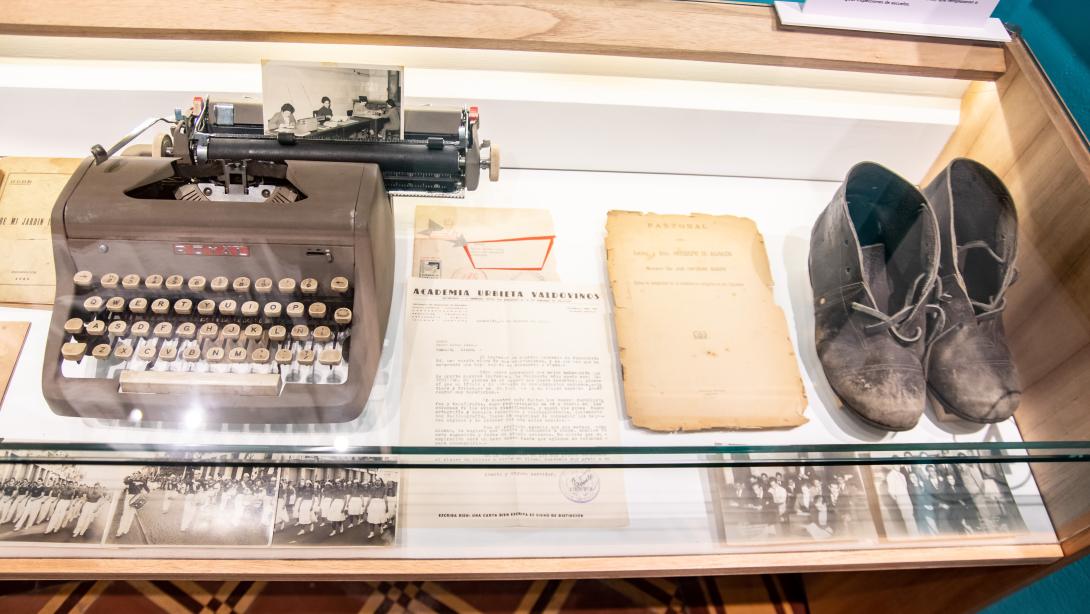
Rediscovering Generation Z
On the second day we dove into exploring the career expectations of Generation Z (Gen Z) through a focus group, and the results were very revealing. Beyond traditional career goals, we learned that Gen Z have a deep desire for work-life balance, they value work flexibility and fair compensation, and have a strong inclination towards social impact. In addition to these findings, the focus group left us with a valuable opportunity to reflect individually and collectively on this generation's perception of our programs and many questions such as: “Are we really connecting with the expectations and aspirations of this generation?" and "What changes could we implement to improve the way we communicate our program and its potential impact on the working lives of young people of this generation?” This exercise challenged us to rethink our strategies and adopt a user-centric approach that resonates with our target audience, and above all to reflect on the future of work and leadership in the Gen Z era.
Research as a driver of transformation
Beyond the experience of engaging with the focus group, we learned from each other about different types of network research and how we can conduct this kind of research on a small scale, and left with some clear pathways towards evidence gathering we could follow once we were clear about what we want to learn. This session left us with the desire and the need for research to innovate our processes, adapt and evolve, and thus ensure that we are responding to our vision in a living and changing system.
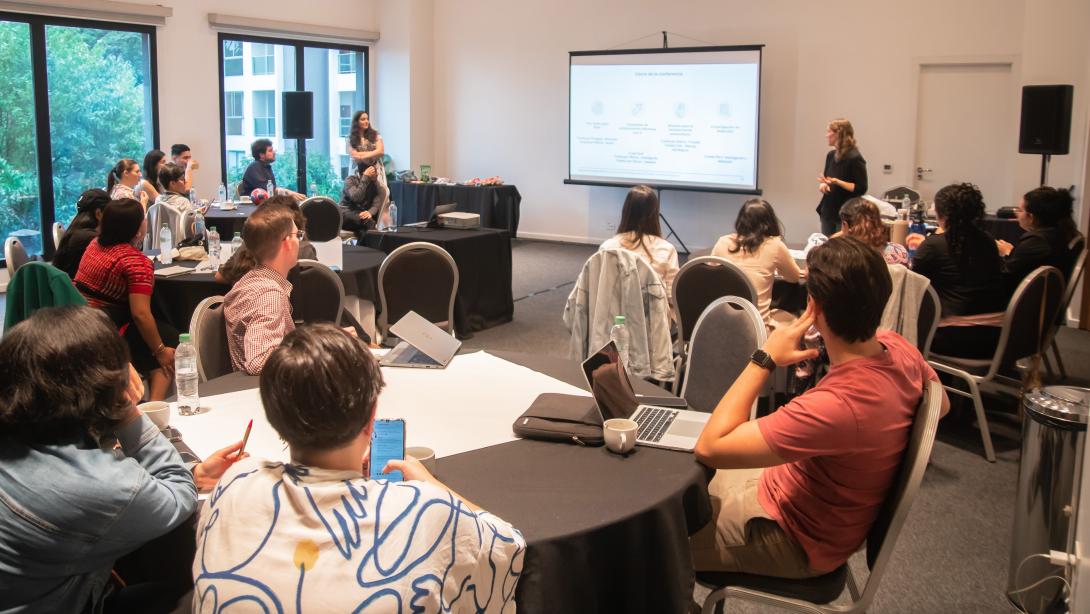
These days of collaboration and collective learning were inspiring on many fronts and we left not only with ideas for initiatives or work proposals we are excited to implement, but also with questions that we carry in our backpacks to answer little by little with our teams. And now, with all that we have shared, we leave you with a question as well—what would you like to explore to add to the educational transformation of your country from your role?
